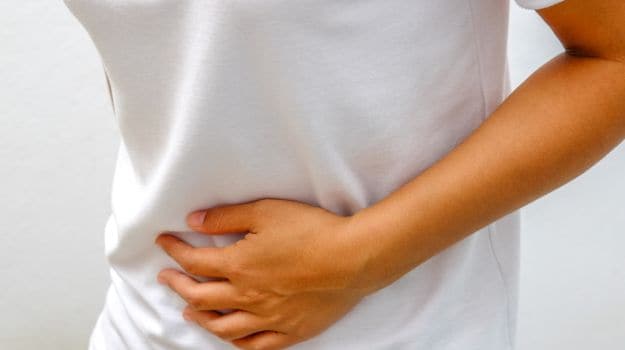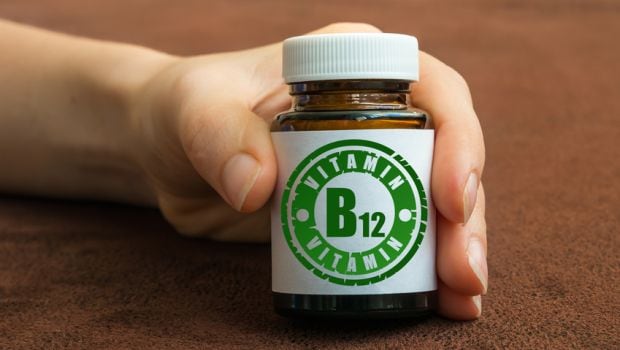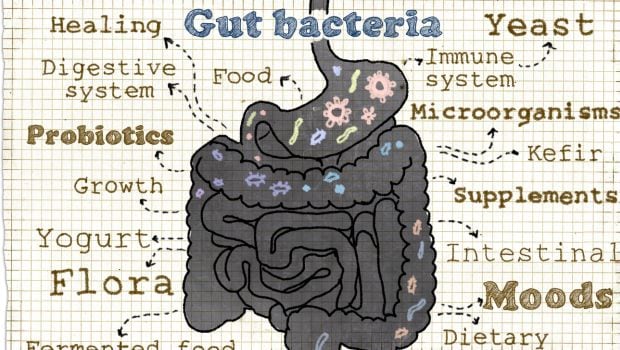What Causes it?
Our gut depends on nerves, muscles, neurotransmitters and enzymes to efficiently digest food. Enzymes help in breaking down the food while the nerves, neurotransmitters and muscles physically move the food through the digestive tract from the stomach to the small intestine. When this happens in a healthy gut, the bacteria get passed through the digestive tract along with the food to its final destination in the colon. Problems arise when there is interference in the process.
Damage to the nerves or muscles in the gut can result in leftover bacteria in the small intestine, increasing your risk for SIBO. For example, diabetes mellitus and scleroderma can both affect the muscles in the gut increasing the chances of SIBO to develop.
Physical obstructions in the gut like scars from injuries or Crohn's Disease can also be the causes. Medications tend to disrupt the normal gut function as well like antibiotics, acid breaking drugs and steroids. Diet high in sugar, refined carbohydrates and alcohol are various other causes.

The Risk Factors
Some of the risk factors include low stomach acid, irritable bowel syndrome, celiac disease, crohn's disease, multiple courses of antibiotics, prior bowel surgery, organ system dysfunction such as liver cirrhosis, chronic pancreatitis, or renal failure.
Symptoms of SIBO
1. Gas
When gas doesn't pass through belching it can build up in the stomach and intestines, which leads to bloating. With bloating, you may also experience abdominal pain that can vary from mild and dull to sharp and intense. Passing gas or having a bowel movement may relieve the pain.
2. Bloating
Bloating is any abnormal swelling or increase in the diameter of the abdominal area. The patient feels a tight and full abdomen, which might lead to abdominal pain.

3. Diarrhea
It is the condition of having at least three loose or liquid bowel movements each day. It can lead to dehydration due to liquid loss. There can also be decreased urination, loss of skin colour and a fast heart rate.
4. Abdominal Pain
It is the pain that occurs between the chest and pelvic region. It can be crampy, achy, dull or sharp. It is more commonly referred to as stomach ache.
5. Constipation
It is a condition when bowel movements are infrequent and hard to pass. Symptoms may include abdominal pain or bloating.

6. B12 Deficiency
Vitamin B12 is very important for our body. It makes the DNA and red blood cells. Its deficiency could be due to immune system disorders, heavy drinking, pernicious anemia, etc.Also read : (7 Best Home Remedies for Anemia)

Disclaimer:
The opinions expressed within this article are the personal opinions of the author. NDTV is not responsible for the accuracy, completeness, suitability, or validity of any information on this article. All information is provided on an as-is basis. The information, facts or opinions appearing in the article do not reflect the views of NDTV and NDTV does not assume any responsibility or liability for the same.








